Before Rann and the entire local government called Kala Balge, Borno state, became known for the January 17 accidental bombing, it was a peaceful home to thousands of Nigerians most of whom spoke Kanuri, Shuwa, Kotoko and a little Hausa.
It was a relatively cold morning in July 2014. Babagana Bukar and his family woke up earlier than they would have done in previous months, just to have Sahur – the pre-dawn meal taken by Muslim faithful in the month of Ramadan, in preparation for the day’s fast.
After the meal, they had their ablution and were preparing for Salat al-fajr – the first Muslim prayer of the day – when Boko Haram insurgents laid siege to their homes.
“Any man who was old enough was killed,” Bukar tells TheCable, smiling at how he led his life afterwards – for him, the journey to independent manhood began too early.
Advertisement
“I watched them slaughter my father,” he says, this time with a dim countenance, wiping his face like he wants to waive off the memories of the past.
The 14-year-old and others whose fathers had just been put to such brutal death were asked to join the Boko Haram sect as foot soldiers.
BRAINWASHING KIDS
“They rallied us and we were forced to follow them, with the goods that they took from our homes,” he says in Kanuri, a very popular language among the dwellers of Kala Balge, Ngala and Gamboru.
Advertisement
Bukar was not willing to join a sect which killed his father in their quest to gain territories and do “the will of Allah,” as they continually said in attempts to brainwash the young boys.
“When I had my chance, I ran, and as God will have it, I escaped Boko Haram. I came across a river, which was knee-deep. I carried my bicycle and walked through the river, on my way through Gamboru.”
Bukar slept along the Gamboru border of Nigeria and Cameroon on his first night, but his destination was Chad.
For him, it was more reasonable to travel to Chad than to make his way to the state capital, Maiduguri, Nigeria, and his reasons are understandable.
Advertisement
SHORTCUT TO SAFETY
First, his grandmother – who fled Nigeria, owing to insurgency in the northeast – was living in Chad. She was the only one he could think of running to at such hard times. Maiduguri to Rann is a 172-kilometre stretch of largely dilapidated roads. For locals, it is easier to go to Maiduguri, through Cameroon, than to come to the state capital through Kala Balge.
N’Djamena, the capital of Chad, is only 96 kilometres away from Rann, through Cameroon. It is not only better, it is also shorter for anyone fleeing Kala Balge.
Bukar, now 16, said he avoided every path where he saw prints of motorcycles and cars, finding his way through bushes and villages.
“Engineer”, as he is fondly called because of his skills with phone repairs, narrated how he went from Gamboru, to Gwado, to Afade, then Kousséri, a city in northern Cameroon, before crossing over to Chad, where he met up with his grandmother, after four tiring days on the road.
Advertisement
At least he survived and he is alive to tell his story. If he would end up a qualified engineer is another matter entirely.
This is a special investigative project by Cable Newspaper Journalism Foundation (CNJF) in partnership with TheCable, supported by the MacArthur Foundation. Published materials are not the views of the MacArthur Foundation.
Advertisement
1 comments

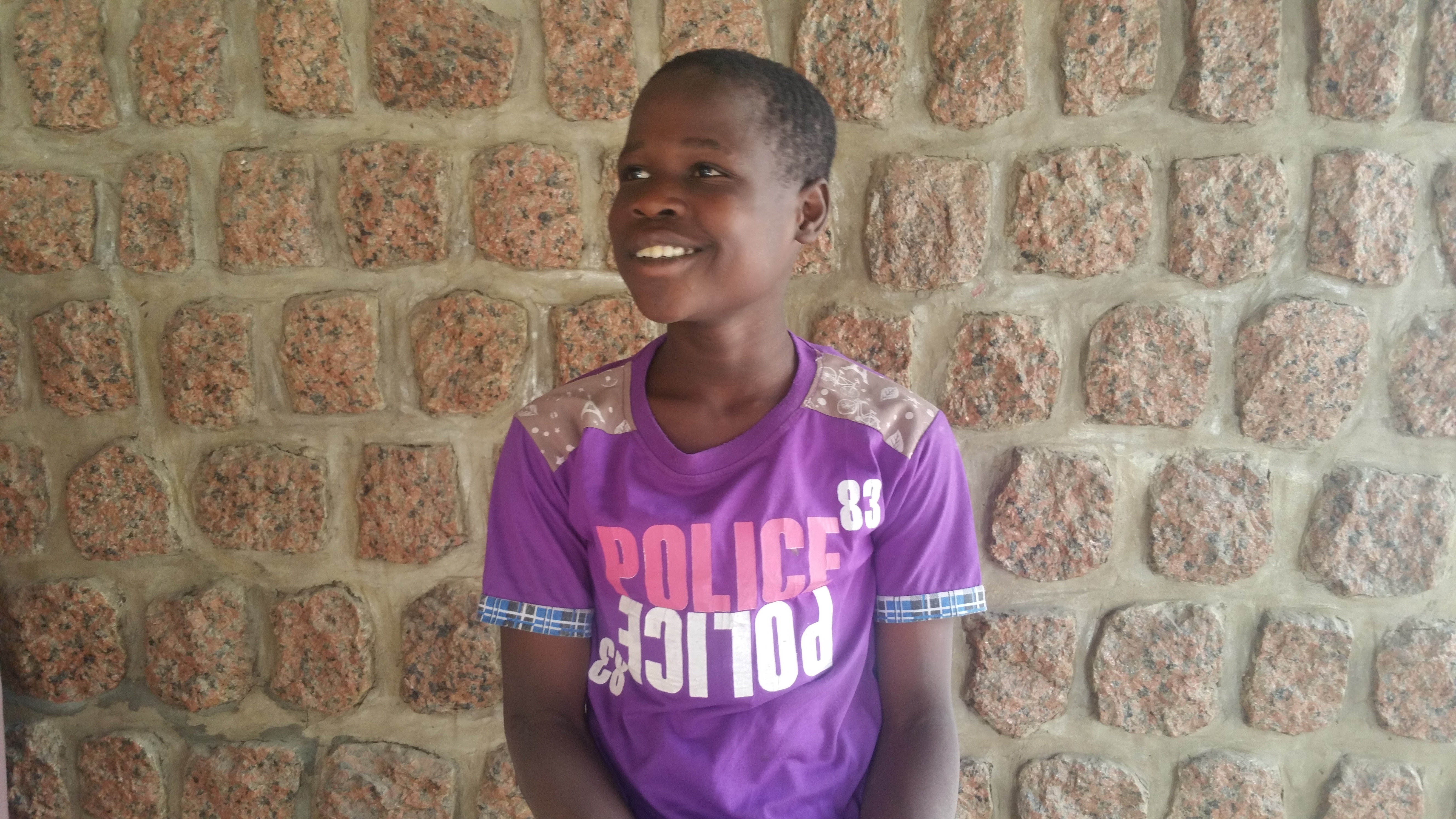
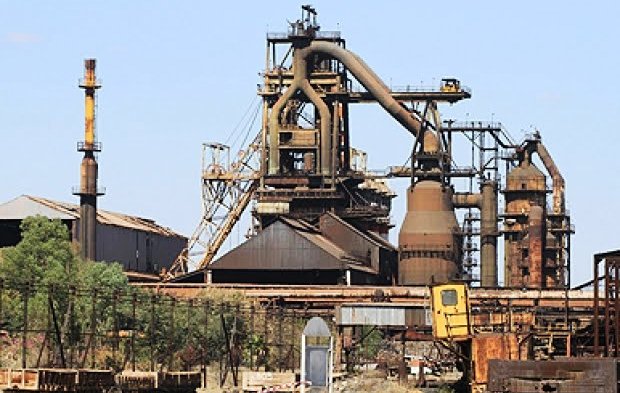
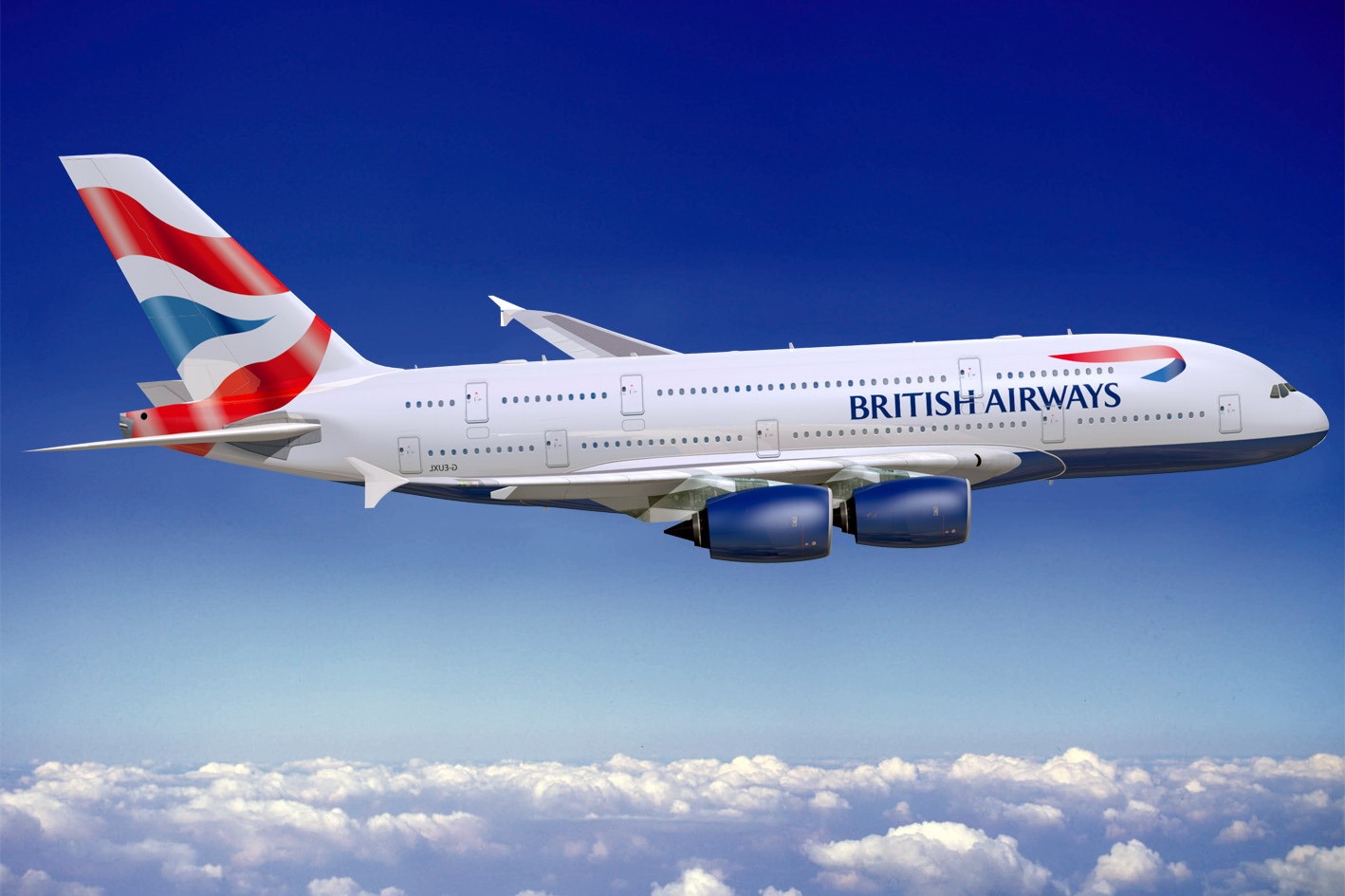
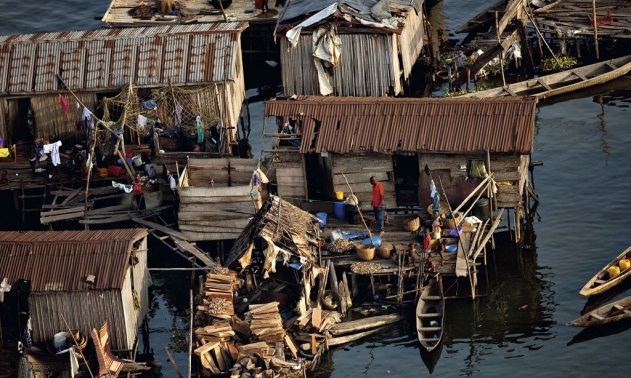
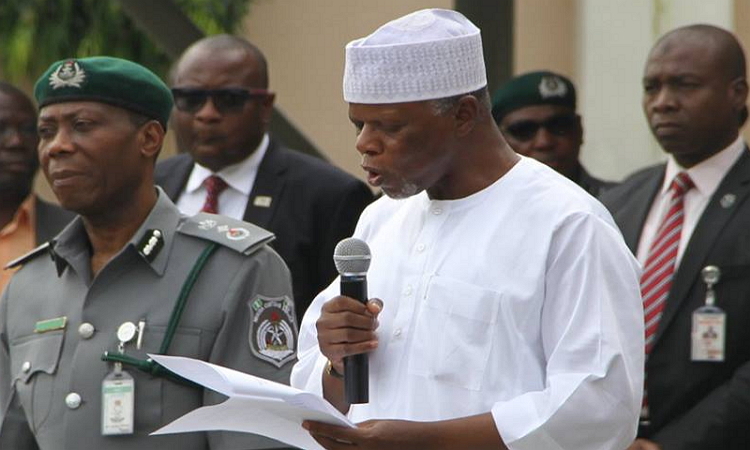
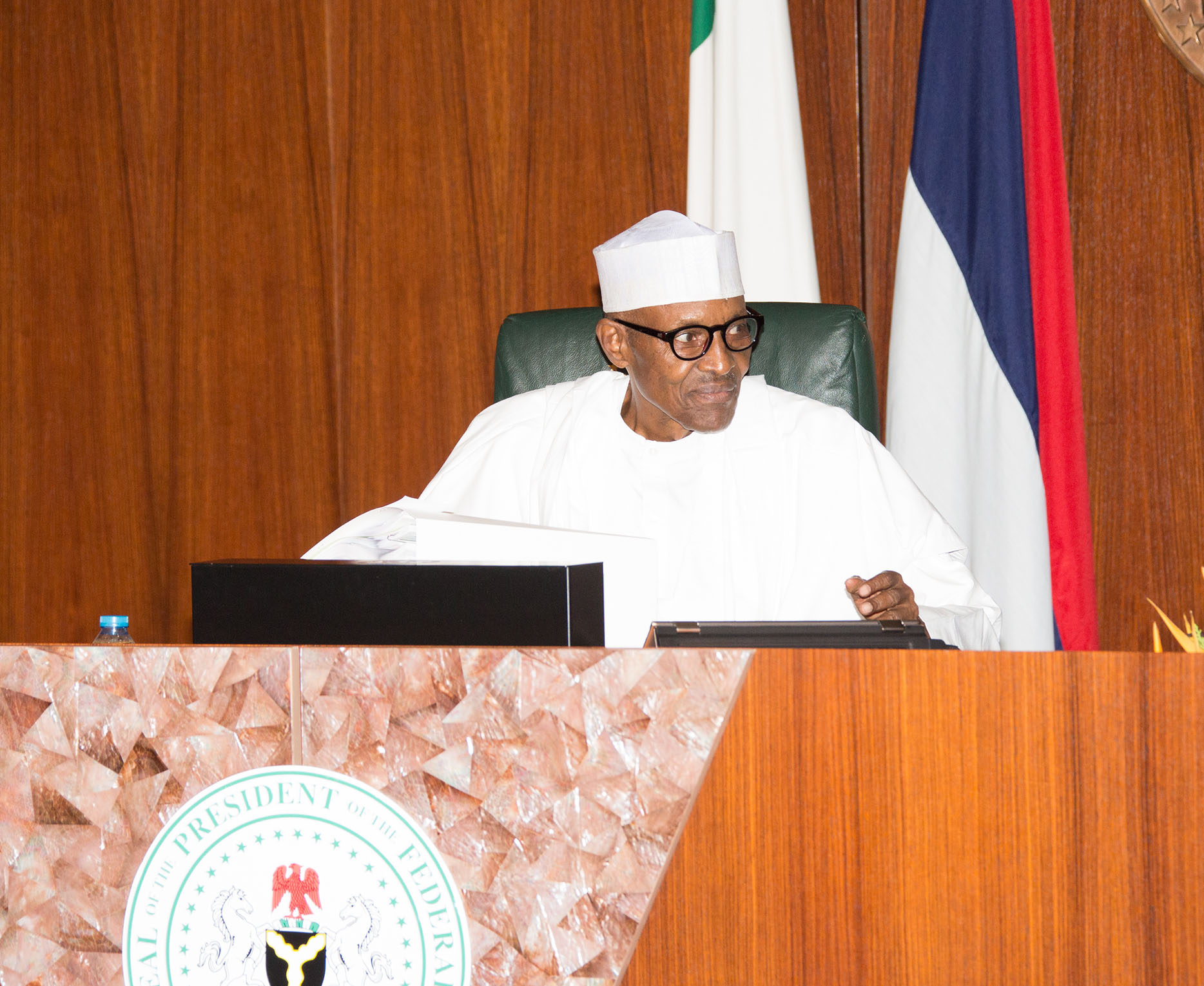
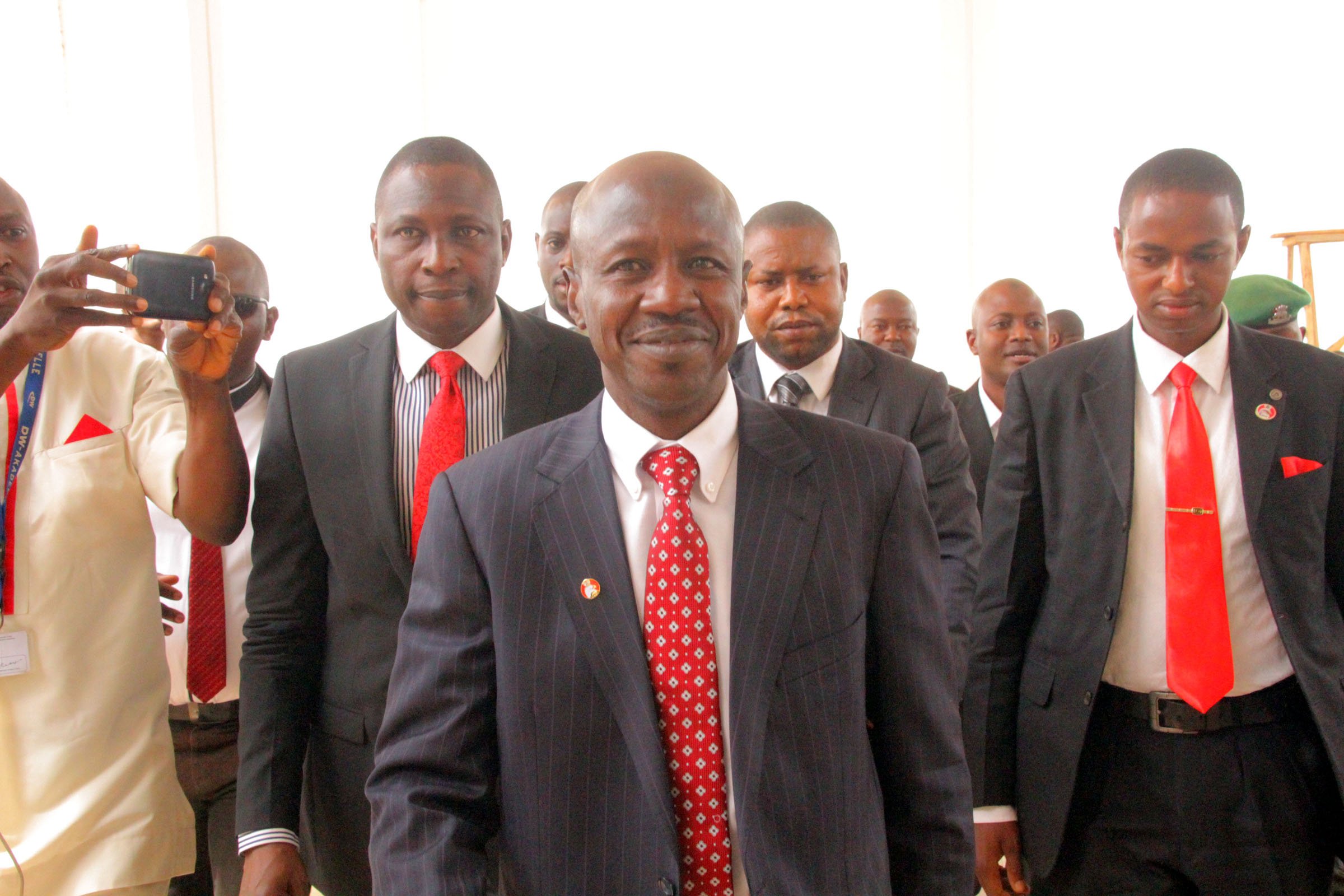
This are the type of boy the Nigerian state surpose to help to achieve their aims in life, but they will be looking for a people who have already gatherd fame to help like chibok issued that is already known worldwide,that’s the one that will make people hail them,but ds poor boy needs to be encouraged and assistance from every Nigerians, pls help